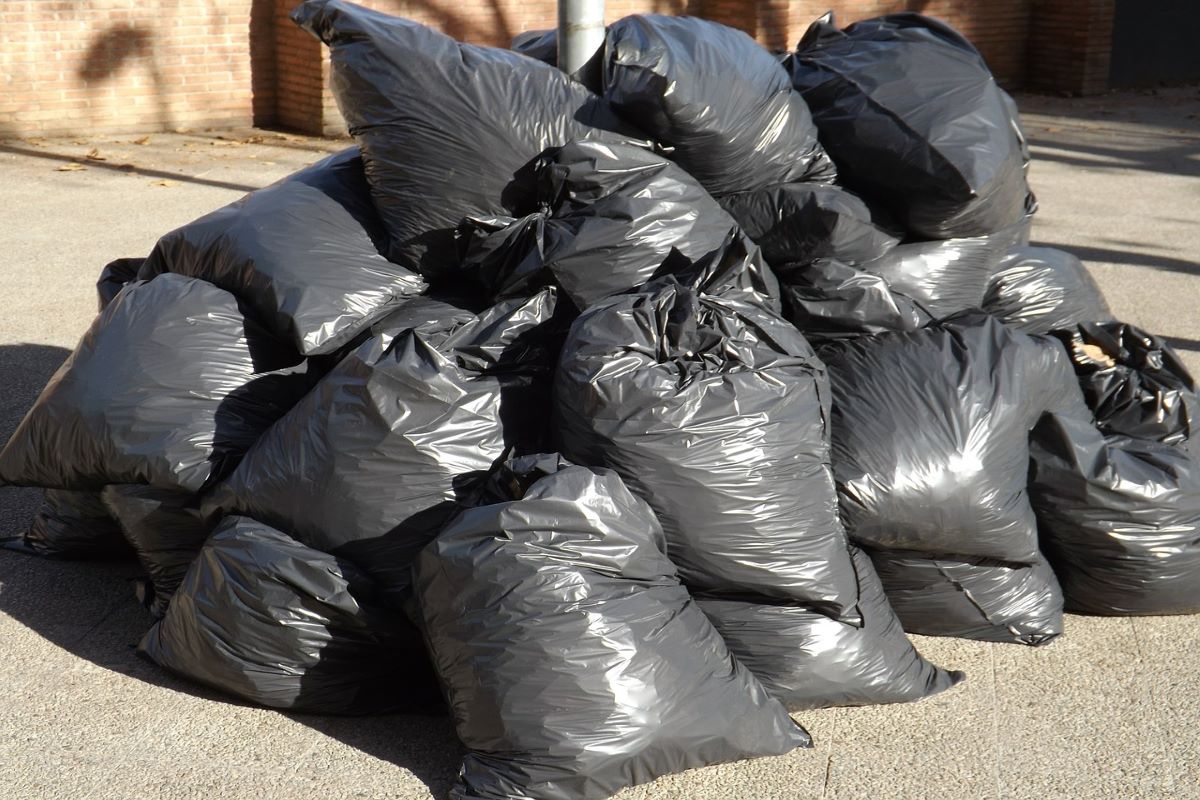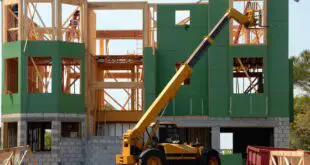Are you currently on a small renovation or big-time construction project in Southwest Houston? Do you have waste and debris that needs to be disposed of? Do you need to know how to dispose of it?
Don’t worry, we’re here to help! In this blog post, we will discuss the best ways to dispose of construction waste. We’ll cover everything from recycling and reusing to techniques regarding proper disposal methods. So read on for tips and tricks that will help make disposing of your construction waste a breeze!
As the construction industry continues to grow, so does the amount of waste it produces. In fact, construction and demolition activities account for approximately 30% of all solid waste in the United States! With such a large impact on our environment, we must eliminate construction waste properly. But what are construction garbage usually consists of?
Getting To Know Your Rubbish
Construction, demolition, and excavation sites generate a variety of waste, all of which must be handled and disposed of correctly. Still waste, including concrete, bricks, asphalt, ceramic, porcelain, soils, and even shingles comprise the bulk of construction and demolition garbage. However, you’re likely to produce additional ones.
Other Types Of Waste
- Sinks, tubs, and comfort toilets
- blocks, bricks, and the like
- Glass, mirror, and tile
- Asbestos and mercury-containing raw materials
- Different types of wood residue, etc.
It’s critical to be aware of the different types your project produces because most of these materials include very specific measures of disposal and some need considerable reusing. It also helps you to neatly categorize everything, allowing your waste collectors to remove it from your location effectively and safely.
Things To Consider For Effectively Disposing Your Construction Garbage:
1. Plan ahead
Organizing an entire construction plan with all the materials and tools you are going to utilize can be the most crucial tip you must consider. This is because having an entire framework for everything that happens on the site can help you obtain estimates of everything that you are going to need and those that you already have.
With this, you can buy stuff at a minimum, thereby lessening the potential of too much waste generation. Consider the following when looking ahead:
- What the most frequent materials on your site may become trash.
- What various phases of the project will influence the type of waste produced. For example, you’ll most likely produce a lot of concrete waste during the early phases of excavation.
- How to prevent these things from ending up as waste. This might entail enhancing your purchasing process, identifying what possibilities are available, and discussing with your trash collectors.
Following your initial plan, you should identify how your firm can reduce waste by focusing on reduction, reuse, and recycling.
2. Sort, sort, sort
The first stage to dispose of construction waste is to categorize it. This will make waste collection much easier. Construction trash includes metals, plastics, concrete, and asphalt. Arrange these items in piles and cart them to the proper disposal site.
Waste is divided into two categories: hazardous and non-hazardous. Hazardous waste is any material that might harm human health or the environment. A competent hazardous waste removal business must handle it correctly. Non-hazardous trash may be disposed of in a landfill near you, so take some measures regarding the matter.
3. Look into reusing
This process can be thought of even as you devise a plan for the construction.
Consider any remaining resources that you may repurpose for another project, such as bricks, roof tiles, wood, and so on. It’s also possible to transfer things or participate in bring-back programs with other construction sites.
4. Opt to recycle what you can
Some construction waste is recyclable, so check with your local recycling facility to see what’s accepted. Metal, plastic, and concrete are all recyclable in a variety of ways.
Recycling anything you can help to minimize landfill waste. It’s a little action, but it adds up over time.
5. Consider rules and regulations
Contact your local government to find out if any specific rules apply when you dispose of construction waste. In some cases, you may need a permit to dispose of waste in a certain way.
It is also very crucial that you follow proper waste management rules and regulations in Southwest Houston for you to contribute to the area’s orderliness, avoid penalties, and minimize health risks of neighboring establishments.
6. Approach a waste management contractor
If you don’t have the time or money to dispose of construction debris on your own, contact a professional right away. They will have the necessary skills and tools to get the work done promptly and effectively. In most situations, waste removal specialists have a service package that you can subscribe to from the demolition process to the final cleanup. This ought to help you effectively dispose of construction waste and maintain organization on-site.
7. Look into dumpster rentals
Renting a dumpster is one of the most efficient and convenient ways to get rid of large amounts of rubbish that you generate in the duration of your project. Equipping yourself with one on-site can help you keep the waste at bay until it can be taken away. Make sure the dumpster you hire is big enough for your needs. You don’t want one that’s little or enormous; you want one that’s just right.
If you are currently considering this, firms like RedBox+ in Southwest Houston are definitely suitable for such a job. They can put you up with a good deal at a budget-friendly price, help you with permits, provide you with the right dumpster for your needs, and be responsible for hauling the waste away from you!
8. Maintain order and cleanliness
When the construction trash has been removed, keep the area tidy. Sweep up any remaining mess and clean any stains off the pavement with a hose. This will help to avoid accidents and injuries.
9. Follow intricate measures with hazardous waste
If you have hazardous materials on your premises, make sure they are disposed of in an environmentally responsible way. Asbestos, lead paint, mercury and other chemicals are all examples of this category. Contact the local environmental agency in Southwest Houston for information on safely discharging these items.
Hazardous materials that aren’t disposed of in an environmentally responsible manner will almost certainly result in environmental disasters and contribute to pollution. Therefore, this is very important to avoid.
10. Put everything in your journal
Keep a record of any construction debris taken off your property. If you need to submit an insurance claim or fight any charges, having this information will be beneficial. Maintaining a log will also assist in ensuring that all waste is disposed of correctly.
How Beneficial Is Proper Waste Management?
- Can lead to cost-efficiency. You’ll save money by reusing materials and avoiding duplicate costs, which is when you spend for a product that goes to waste only to have it removed again.
- Going green. In order to reduce energy usage and preserve our planet’s natural resources, you must manage your waste effectively.
- Abiding with regulations. Legal requirements for owners to manage their waste exist. This applies to anybody who creates, imports or exports, transports, stores, treats, disposes of, or manages waste.
- Utmost health and safety. Accidents can occur when waste isn’t handled correctly, and proper management prevents everyone from being harmed.
It’s not easy to get rid of building waste, but it must be done correctly. Whatever you employ, make sure you use it safely and securely. Also, always clean up any messes that may have been made while getting rid of construction debris. This will lead to the organization in your workplace which can improve your overall productivity.
And now that you’re made aware of the different tricks and benefits as you effectively dispose of construction waste, you can certainly look into applying them for your endeavor. Doing so will get you halfway through the entire waste disposal process, so what are you waiting for? Get a move on already!
 Being Human
Being Human





